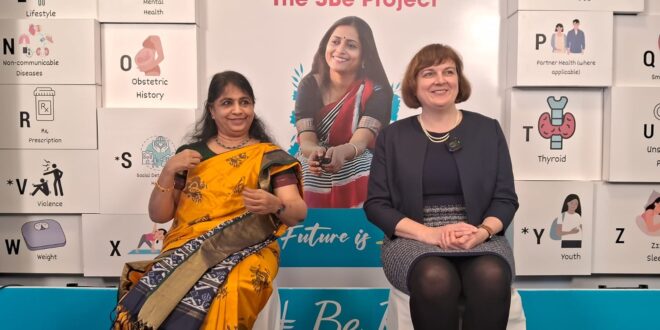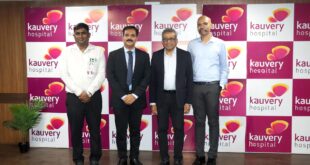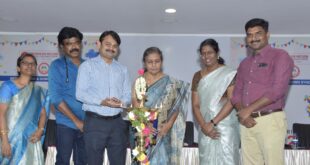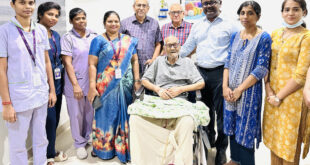Chennai: DIWAS, the not for profit organization dedicated to the prevention and care of diabetes, gestational diabetes and non-communicable diseases in girls and women, conducted the “Diabetes Update 2025” on Feb 8 and 9 in Chennai. DIWAS partnered with the George Institute, the Global health organization based in India, China, UK and Australia.
The conference focused on three specific areas. Obesity in women of reproductive age, diabetes and pregnancy and diabetes and women. Prof Jane Hirst, Chair of Global Women’s health at Imperial College London delivered the DIWAS oration . She spoke of Pregnancy as a window to future chronic disease and highlighted the critical need to follow up women who have had high risk pregnancies. She said that “we have known for some time that complications of pregnancy identify women at risk of developing conditions such as diabetes or heart disease. Pregnancy is thus a window to lifelong health. We need now to stop just looking through the window and do something to positively change women’s lives. Solutions do exist, we just need to make women, their families and their health care providers more aware.”
Dr Usha Sriram, founder of DIWAS said that it is time to start looking at health conditions, especially chronic problems like diabetes, heart disease and cancer through the gender lens. This will include women’s unique lifecycle into consideration and the big impact of gender and other social determinants of health on the incidence, presentation, response and outcomes of these chronic diseases.
Dr Hema Divakar, Division Director Well Woman Healthcare FIGO, said “there is a need for urgent call to action: addressing the rising burden of gestational diabetes and strengthening fourth trimester care in India. Despite advances in maternal care, the postnatal period (fourth trimester) remains neglected, with high rates of postpartum complications, depression and lack of structured follow up for GDM mothers. Ensuring comprehensive care in the first 12 weeks after childbirth can significantly improve long term maternal and newborn health outcomes.
Prof Hirst and Dr Usha Sriram have been working on the 3 Be project which stands for Before, Between and Beyond the pregnancy. They just concluded a three-part series of meetings to help identify the solutions to help women of reproductive age to optimize their health prior to the pregnancy. Prof Hirst said “the best pregnancy outcomes for both the mother and baby are in women who are in best physical and mental health before their pregnancy. This means optimal nutrition, treating anemia, optimizing weight, recognizing and treating preexisting conditions. There needs to be more recognition of the importance of preconception care.
Dr Usha Sriram added that a preconception care application called Be Ready will be launched soon to address the great need in preconception care.
 Expressnews
Expressnews







